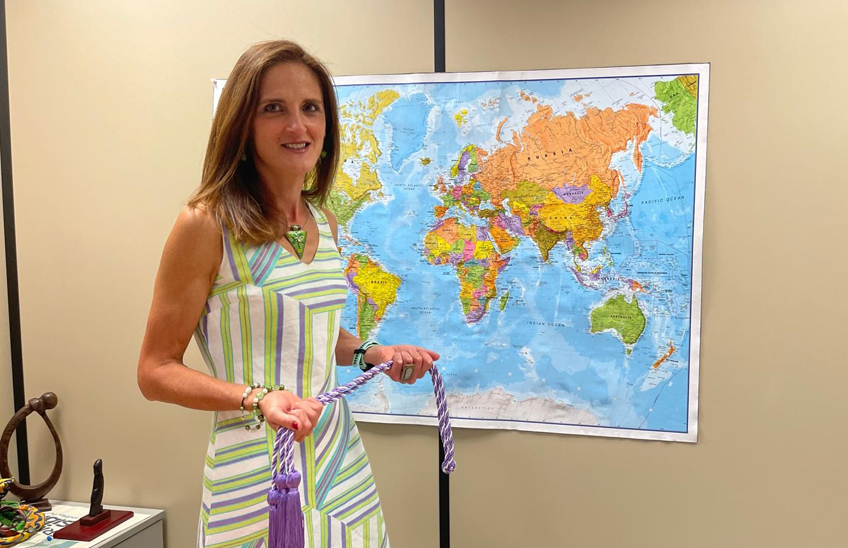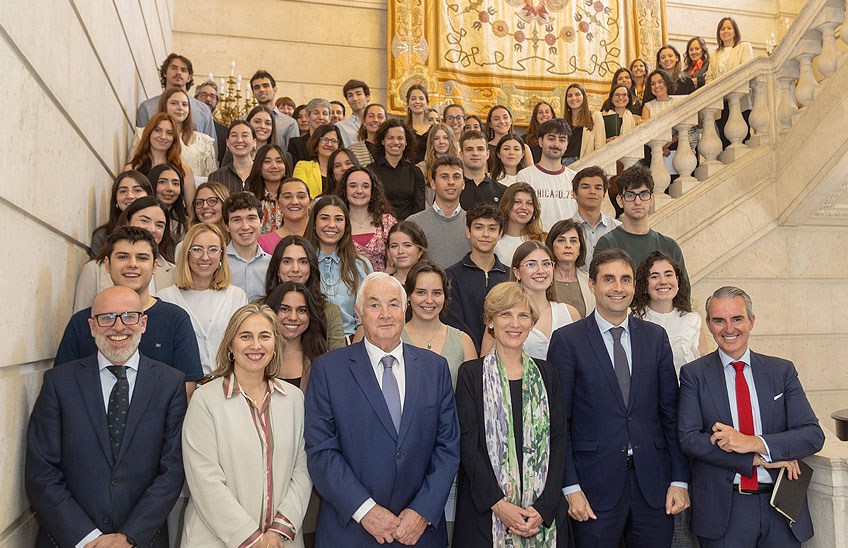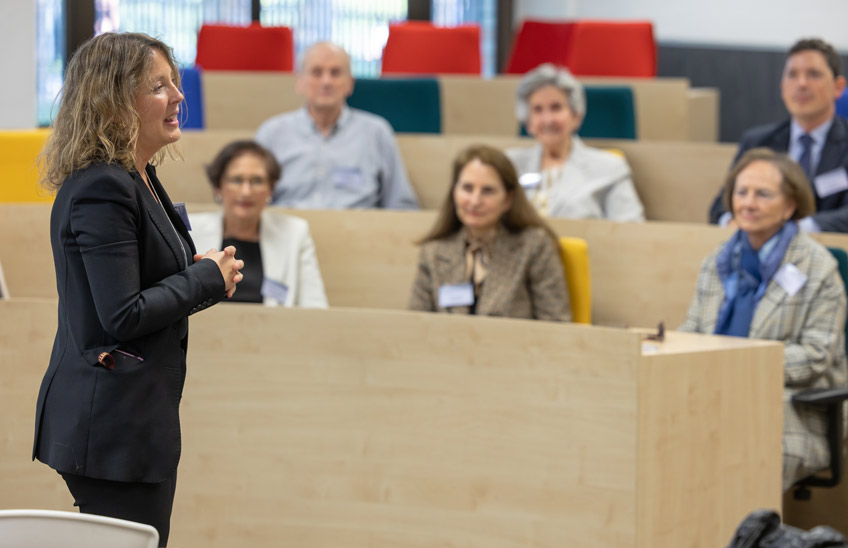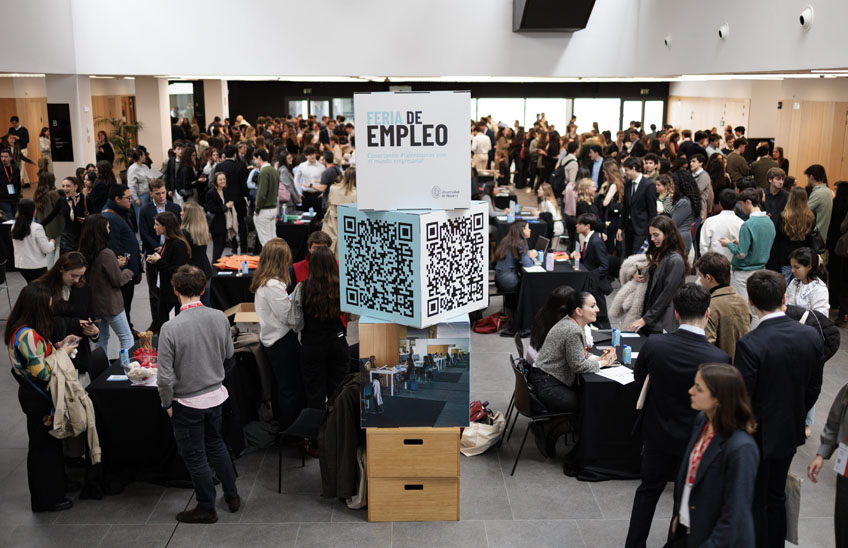The University kicks off its summer courses 2025 with a diverse and multidisciplinary offering
Seven summer courses exploring current challenges: mental health and addictions, artificial intelligence, environment, Education, culture and society.

20 | 06 | 2025
The University of Navarra has inaugurated its Summer Courses 2025. These courses are part of the broader framework of the Summer Courses of Navarra, which have the partnership the Public University of Navarra (UPNA), the associated centers of the UNED in Pamplona and Tudela, and the institutional support of the Government of Navarra. The courses will take place between June and September in Pamplona and are aimed at students, professionals and citizens interested in current issues.
The first course of the program focused on a silenced problem: "Addictions in the elderly from a gender perspective". According to the data presented, between 10 % and 15 % of the elderly present some alcohol-related problem. Despite its seriousness, this status remains invisible in both the health and social environment. Idoia Pardavila stressed the need to change the way we look at this group: "In the face of this reality, we usually say 'let them be old, they are old', as if, because they are old, everything is overlooked. That is why we want to make visible this problem that many elderly people have and that also affects their families and environment". Far from being only a clinical or consumption issue, the course sought to focus on the social, emotional and structural causes underlying addictions in old age.
The course was directed by three professors from the University of Navarra: Maira Bes RastrolloSchool of Pharmacy and Nutrition), Miren Idoia Pardavila BelioSchool of Nursing) and Elena Puerta Ruiz de AzúaSchool of Medicine).
The program was developed in two conference, Tuesday June 17 and Wednesday June 18. The first day was focused on understanding the problem, with sessions on the concept of an addiction(Sofía Nedermann), how aging influences these processes(Dr. Miguel Germán Borda), the gender perspective(Blanca Martínez) and a presentation of the data of the III Plan de Drogodependencias de Navarra by representatives of the Regional Government. The second day was oriented towards diagnosis, intervention and the future, with the presentation of the MAGNAproject by Elisa Arbizu, the exhibition of research findings on the elderly in Navarra and a practical workshop on case analysis coordinated by the professor team.
The course did not stop at statistical analysis, but delved into the emotional dimension and staff of older people with addictions. Topics such as loneliness, grief, isolation or loss of vital meaning were addressed, and the importance of preparing professionals, especially in the field of health, to better detect and accompany this group was emphasized. The diversity of the participants, health professionals, social workers, students and professor , enriched the conference.
With this first course, the University of Navarra reaffirms its commitment to training with a social impact, aimed at transforming reality through interdisciplinary knowledge , scientific rigor and active listening to social needs.




